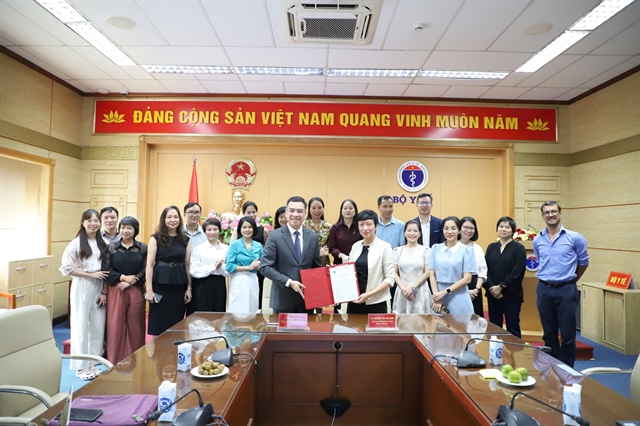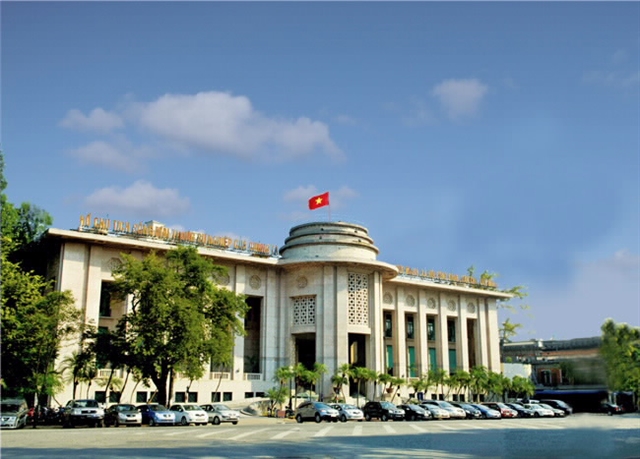 Society
Society

 |
| Representatives of the Medical Services Administration under the Ministry of Health and the Family Health International (FHI 360) sign a project on preventing antimicrobial resistance in Việt Nam period 2024-25. — VNS Photo Thanh Hải |
HÀ NỘI — The Medical Services Administration (MSA) under the Ministry of Health along with Family Health International (FHI 360) will work together on a project to control antimicrobial resistance in Việt Nam.
The two-year partnership will focus on building a national surveillance system of antimicrobial resistance (AMR) in the country, following a deal signed on September 20 in Hà Nội.
The project’s goal is to strengthen testing for AMR and monitor antibiotic use and consumption to contribute to policymaking and management practices at both the national and international level, thereby enhancing the effectiveness of antimicrobial resistance prevention and control efforts.
Speaking at the signing ceremony, MSA director Dr Hà Anh Đức said that antibiotic resistance is still a major challenge for the health sector that requires long-term efforts from the government, ministries and relevant units to tackle.
“The partnership will focus on strengthening the national system for monitoring drug resistance and antibiotic use in the medical field, promoting the sharing of data on antimicrobial resistance following the One Health approach and ensuring sustainable investment at regional and national levels,” said Dr Đức.
The project will also enhance the technical capacity of laboratories and ensure biosafety and biosecurity for laboratories participating in the national AMR surveillance system. At the same time, it will assess AMR surveillance priorities and needs, particularly in data analysis and reporting capacity, as well as improve the quality of national AMR surveillance data, helping build surveillance data on antibiotic use and consumption from hospitals.
The partnership will implement antibiotic use and consumption surveillance, enhance the sharing of surveillance data between clinical surveillance sites and laboratory data and improve the usage of AMR data at hospitals and governmental institutions.
It will also strengthen the capacity of AMR surveillance information sharing among the Ministry of Health, Ministry of Agriculture and Rural Development (MARD), Ministry of Natural Resources and Environment (MONRE) and other relevant stakeholders as well as enhance the sharing of AMR knowledge and information between research and governmental institutions.
Dr Nguyễn Thị Thu Nam, Head of FHI 360's Representative Office in Việt Nam, said that FHI 360 will continue to provide technical support, training and capacity building for laboratories, especially national reference laboratories to support the National Surveillance System monitoring of resistance, use and consumption of antibiotics, thereby contributing to policy planning and management practices at the national and international level, as well as enhancing the effectiveness of drug resistance prevention in Việt Nam. — VNS




